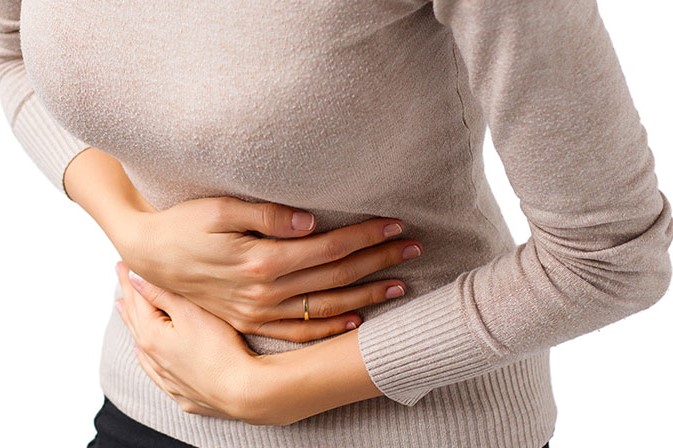
Patient complains of abdominal cramps to which pathologies can be associated?
Abdominal cramps are pains that may appear in the region between the chest and groin. If frequent, they last for a long time or are associated with fever
In other cases, they are a symptom of less serious disorders, such as the accumulation of gas in the digestive system.
What diseases can be associated with abdominal cramps?
The following diseases can be associated with abdominal cramps:
- Food allergy
- Abdominal angina
- Appendicitis
- Botulism
- Colon cancer
- Celiac disease
- Colitis
- Ulcerative colitis
- Diverticulitis
- Endometriosis
- Cystic Fibrosis
- Gastroenteritis
- Lactose intolerance
- Food intolerances
- Carbon monoxide intoxication
- Intestinal obstruction
- Peritonitis
- Intestinal polyps
- Salmonella
- Irritable bowel syndrome
Please note that this is not an exhaustive list and that it is always best to consult your doctor if your symptoms persist.
What are the remedies for abdominal cramps?
If the abdominal cramps appear after meals and are located in the upper abdomen, it may be useful to take antacids, while very fatty foods, fried foods, tomato products, caffeine, alcohol and carbonated drinks should be avoided.
If the pain is associated with nausea or vomiting, avoid solid food for a few hours, drink in small sips and reintroduce food, starting with foods such as boiled rice and crackers.
Dairy products should be avoided.
In general, it can help to drink a lot, increase the frequency of meals by reducing the quantity, limit the consumption of foods and drinks that encourage gas production, eat a balanced diet rich in fibre and take regular exercise.
With abdominal cramps, when should you see your doctor?
You should consult your doctor
- if abdominal cramps persist for more than a week
- if the pain does not improve within 24-48 hours
- if the pain gets worse or is associated with nausea or vomiting
- if the cramps are associated with burning during urination, fever, diarrhoea for more than 5 days, prolonged loss of appetite, vaginal bleeding, unexplained weight loss, bloating that lasts for more than two days
However, it is better to go to the emergency room if:
- undergoing cancer treatment
- you are unable to relieve yourself, especially if you are vomiting at the same time
- there is pain in the chest, neck or shoulders
- the abdominal pain is sudden and sharp
- the pain is concentrated between the shoulder blades and is associated with nausea
- you have difficulty breathing
- your tummy is sensitive to touch or tight and hard, and
- you have suffered abdominal trauma
- you are pregnant
Read Also:
Biliary Colic: How To Recognise And Treat It
Accumulation Of Fluid In The Peritoneal Cavity: Possible Causes And Symptoms Of Ascites


